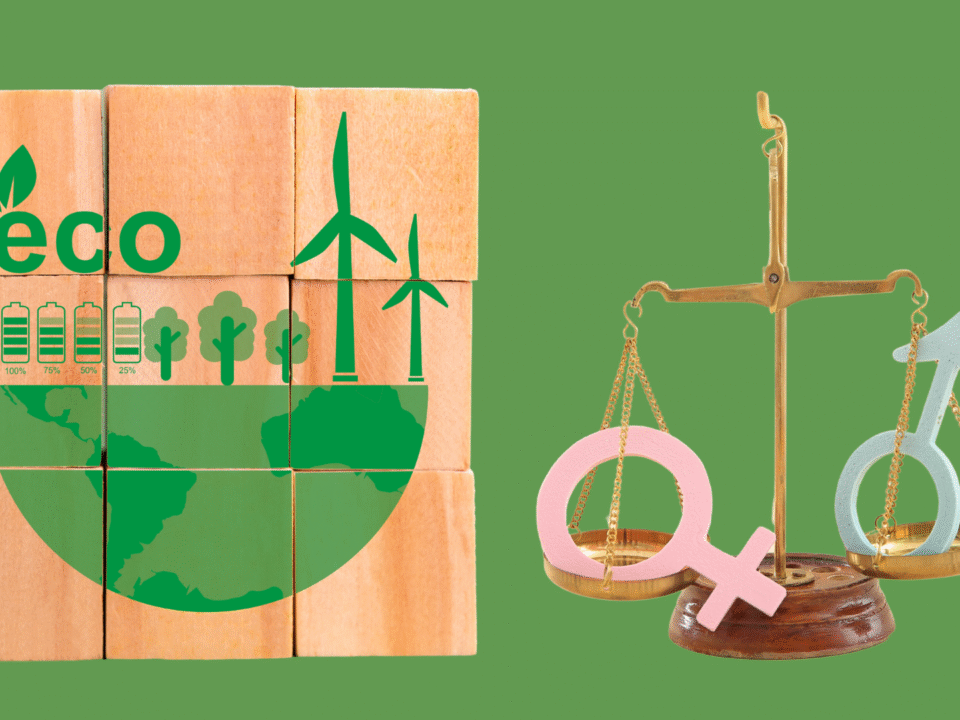
Four Paradoxes Used by Women to Overcome Gender Norms in Leadership
December 24, 2023
The Five Layers of Gender Inequality and Example in the Workplace
December 24, 2023Photo by Ketut Subiyanto
As many as 98.5 percent of women who are experiencing a career break have a high desire and trust to return to the workforce. This figure was obtained through the results of a rapid survey conducted by the Indonesia Business Coalition for Women Empowerment (IBCWE) to more than 200 respondents in February 2023.
Considering returning to work
“This figure shows that the majority of women who are currently experiencing a break in their professional lives want and have high confidence in facing situations or challenges that will be faced when returning to their professional roles and in the family,” said Maya Juwita, Executive Director of IBCWE, in Jakarta.
Of the 98.5 percent of respondents who want to return to work, there are 43 percent of respondents who will choose the same job. This figure is only slightly ahead of those respondents who will choose different functions by 40 percent. “This data also gives an idea that the majority of women who are currently out of work and want to return to work, have the ability to be able to make adjustments to the needs that exist in a company,” she continued.
Desire to return to the same function
In addition to the same job functions, respondents also wanted to return to the same industry with a figure of 64 percent compared to 36 percent who said they did not want to return to the same industry. Maya added that the large number of respondents who answered “yes” also indicates that women have a fairly high loyalty to the field of work industry that they have been doing for some time.
Considering to return to work in the same industry
There are many reasons why employees may choose to take time out of work. While the assumption is often that career breaks are caused by pregnancy and/or parental leave, employees may take time off work for a variety of other reasons, including caring for an elderly relative or partner, physical or mental health issues, travel, volunteering, personal and professional development, or additional training or study. Thus, taking a career break is becoming an increasingly common phenomenon.
Despite this, career interruptions are much more common among women than men, since maternity leave is still the most common form of sabbatical. Thus, career breaks can have a major impact on women’s careers, leadership, and economic stability.
A recent global survey conducted by LinkedIn in 2022 involving 22,995 executive workers showed that as many as 64 percent of women have experienced a hiatus throughout their career journey. Although this is commonplace, in fact there are still many women who face various challenges when they have to return to the world of work after a career break.
But for decades, the idea that professionals on leave could continue their careers has not been imagined. An employee who leaves the workforce for a long time is assumed to have outdated skills as well as less motivation—or something like that is foreseeable.
In fact, they are educated people, have work experience, offer mature professionalism, and are at a relatively stable stage of life. Because they were hired in the past, they understand how to work in teams and with different personalities, and they have navigated tight deadlines and high-pressure situations. They do not need to learn basic skills that entry-level employees often do not have. “We feel the need for attention from companies to consider women who want to return to work after a career break. Because they are a hidden talent pool, with good qualifications,” she added.
In this survey, it was also seen that the average age of the majority of respondents in the productive age of 29-33 years reached 28.90 percent, while from the level of education, 59 percent hold Bachelor’s degrees.
Read the survey result here.
13 March 2023 | Fellicca P. Madiadipura





